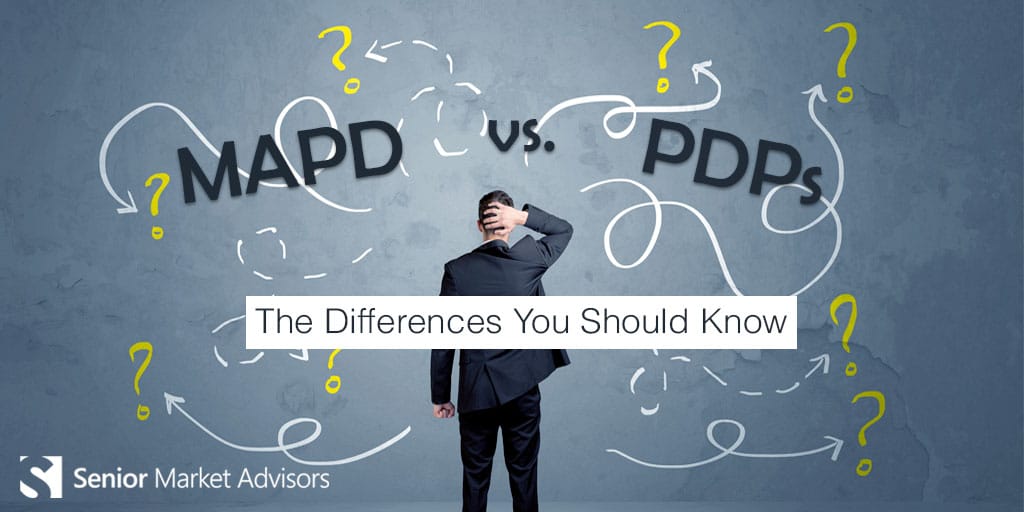Important Terms to Know When Selling Medicare Advantage
Medicare Advantage (Part C) plans provide extra benefits that Original Medicare does not provide. For example, parts A and B do not include prescription drugs. A Medicare Advantage plan can include prescriptions and other extra benefits. Many people barely understand the basics of Medicare, much less Medicare Advantage. That means it’s your responsibility as an agent to educate beneficiaries. In order to educate, you must know the proper terminology.
Medicare Advantage Terms:
- Appeal – a request for your health insurer or plan to review a decision or a grievance again.
- Allowed Amount – the maximum amount covered for health care services. Sometimes called “eligible expense,”payment allowance,” or “negotiated rate.”
- Balance Billing – When a provider bills the client for the difference between the provider’s change and allowed amount.
- Co-Insurance – An amount the client is sometimes required to pay for health care services or prescriptions after a deductible.
- Co-payment (Co-pay) – An amount the client must pay as their share of the cost for health care services at the time of purchase.
- Deductibles – The amount that the client will have to pay for health services or prescriptions each year before their insurance beings to pay.
- Estimated Annual Cost – An estimate of the average amount the client might expect to spend each year for health coverage. The client’s out-of-pocket costs are based on typical health care for Medicare beneficiaries with the same age and health status. Also, if the client has limited income and resources, the client’s expenses may be lower. The estimate includes plan benefits (coverage) and costs for premiums, co-payments, deductibles, and co-insurance.
- Estimated Annual Drug Cost – An estimate of the average amount the beneficiary should expect to pay each year for prescription drug coverage. This estimate includes monthly premiums, an annual deductible, drug co-payments/co-insurance, and drug costs not covered by prescription drug insurance.
- Out-Of-Pocket-Spending Limits – Protects the client by having yearly limits on their out-of-pocket costs for medical and hospital care. If the client reaches the limit on out-of-pocket costs, they continue to receive coverage for hospital and medical services. The insurance company will also pay the full cost for the rest of the year.
- Provider Network – The group of providers who can provide health care services to plan members.



